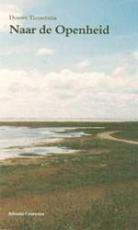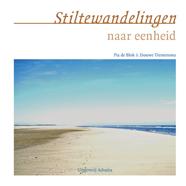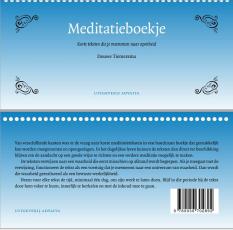Youru Wang, 'Liberating Oneself from the Absolutized Boundary of Language'
A Liminological Approach to the Interplay of Speech and Silence in Chan Buddhism
Philosophy East and West, 51 (January 2001), 83-99
An approach that allows us to see more clearly what Chan Buddhists mean by the inadequacy of language is based on three principles of liminology of language: (1) the radical problematization of any absolute, immobilized limit of language; (2) insight into the mutual connection and transition between two sides of language-speaking and non-speaking; and (3) linguistic twisting as the strategy of play at the limit of language. It helps us to rediscover how Chan masters perceived a dynamic, mutually involving relation between two sides of the limit of language, and how they demonstrated a marvellous interplay between speech and silence, a skilful performance of various novel linguistic strategies, et cetera, in order to negotiate the limit of language.
Er is geen tweeheid
als je ontspannen bent
in zelf-bewustzijn
is dat duidelijk.
Boeken
Douwe schreef en redigeerde gedurende zijn leven boeken. Via onze uitgeverij zijn deze nog verkrijgbaar.



